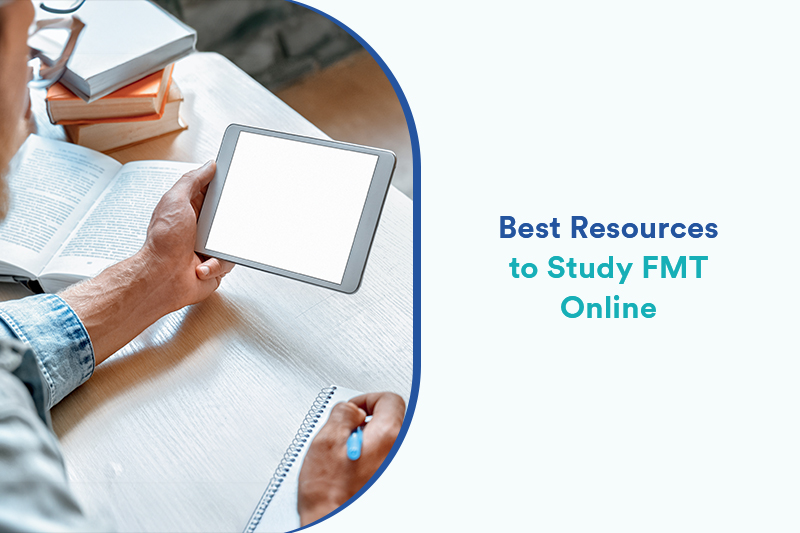In Forensic Medicine and Toxicology course, a medico is well informed about their medico-legal responsibility during MBBS. As a result, forensic toxicology is concerned with the medical and legal repercussions of the hazardous effects of substances on people.
- The course’s goal is to increase undergraduate students’ ability for observation and legally sound inference. Additionally, the students are taught how to handle and manage medical-legal or criminal cases in an integrated manner.
- It offers information about the administration, pertinent medical laws, practices, and requirements.
- Forensic Medicine and Toxicology for UnderGraduates must be given equal importance as its significance is well-established during medical practice.
- Practically, a medico must develop an understanding of the legal system, observe, and analyse cases carefully, and come to the right inference after a conscious consideration of various possible factors.
There is more to medicine than merely learning from books. It focuses more on the application of theory to the real world and practical knowledge. Case studies and demonstrations are essential in the study of FMT. They serve as the foundation for effectively diagnosing patients throughout their practice. A medico can also understand the case demonstrations via visuals and 3D imaging with the Forensic Medicine and Toxicology for UnderGrads course available online.
Medicos can opt for Gautam Biswas’s Forensic Medicine and Toxicology online course which provides a great deal of information that is enough to know for a medical student who is aiming for the NEET/NExT Exam. He discusses various high-yield topics including:
- Legal Procedure
- Identification
- Thanatology
- Asphyxia
- Injuries
- Rape
- General toxicology
- OPC poisoning
- Snakebite
- Medicinal poisoning
The new CBME curriculum has been used to conceptualise and construct the course. The CBME (Competency-Based Medical Education) curriculum has recently undergone adjustments that have put an increased emphasis on integrating all subjects and improving students’ clinical abilities. In CBME, application-based learning has been given top priority, and even the exam question format is created to gauge students’ clinical expertise. This course effectively incorporates this novel technique.
Undergraduates must keep the following tips in mind if they are wondering how to study forensic medicine in MBBS
1. Refer to Recommended Books
- Gautam Biswas Forensic Medicine latest edition of “Review of Forensics Medicine & Toxicology.
- “Principles of Forensic Medicine & Toxicology” by Rajesh Bardale
- “Essentials of Forensic Medicine & Toxicology” by KS Narayan Reddy, and OP Murty
2. Attend Case Demonstrations
Watch Forensic Medicine and Toxicology video lectures that are equipped with illustrations and case images and videos to understand the subject better. Focus on the legal aspects that are to be kept in mind while dealing with patients. Look out for as many cases as possible to get exposed to the range of situations/patients that you might encounter as a doctor.
3. Practise Assessment Questions
The most effective strategy to evaluate your learning is to answer as many self-assessment questions as possible. It aids in reviewing the subject covered. Additionally, it endorses the topic’s conceptual rigour. It not only broadens knowledge but is also very advantageous in terms of exams. A medico may choose to enrol in online FMT courses that offer frequently asked self-evaluation questions.
4. Concise down important topics in notes
Making notes aids in reducing the extensive FMT syllabus in MBBS. It facilitates simple concept learning and memorization. It is quite useful for last-minute revision. Taking notes during lectures can also assist with memorization of the subject matter and the marking of key points. They are the best option for cramming and recalling details quickly before examinations.
5. Manage Time Wisely
It’s crucial to manage your time well while preparing. Avoid indulging in rigorous activities that might take up your energy. For best results, medicos must maintain perspective and manage their time well.
- Make smart study time calculations
- Give vital topics maximum priority
- Take the necessary breaks
- Pay close attention to conceptual clarity
- Allocate Time to Different Topics wisely
- Attempt MCQs after completing each topic






More Stories
Kindergarten 2 Tuition Prepares for Primary English
How to Improve Your Childs Spelling and Grammar
A Guide to Scholarships and Bursaries